Two CBS graduates who scrutinized organized street gangs now accepted by world-famous journal
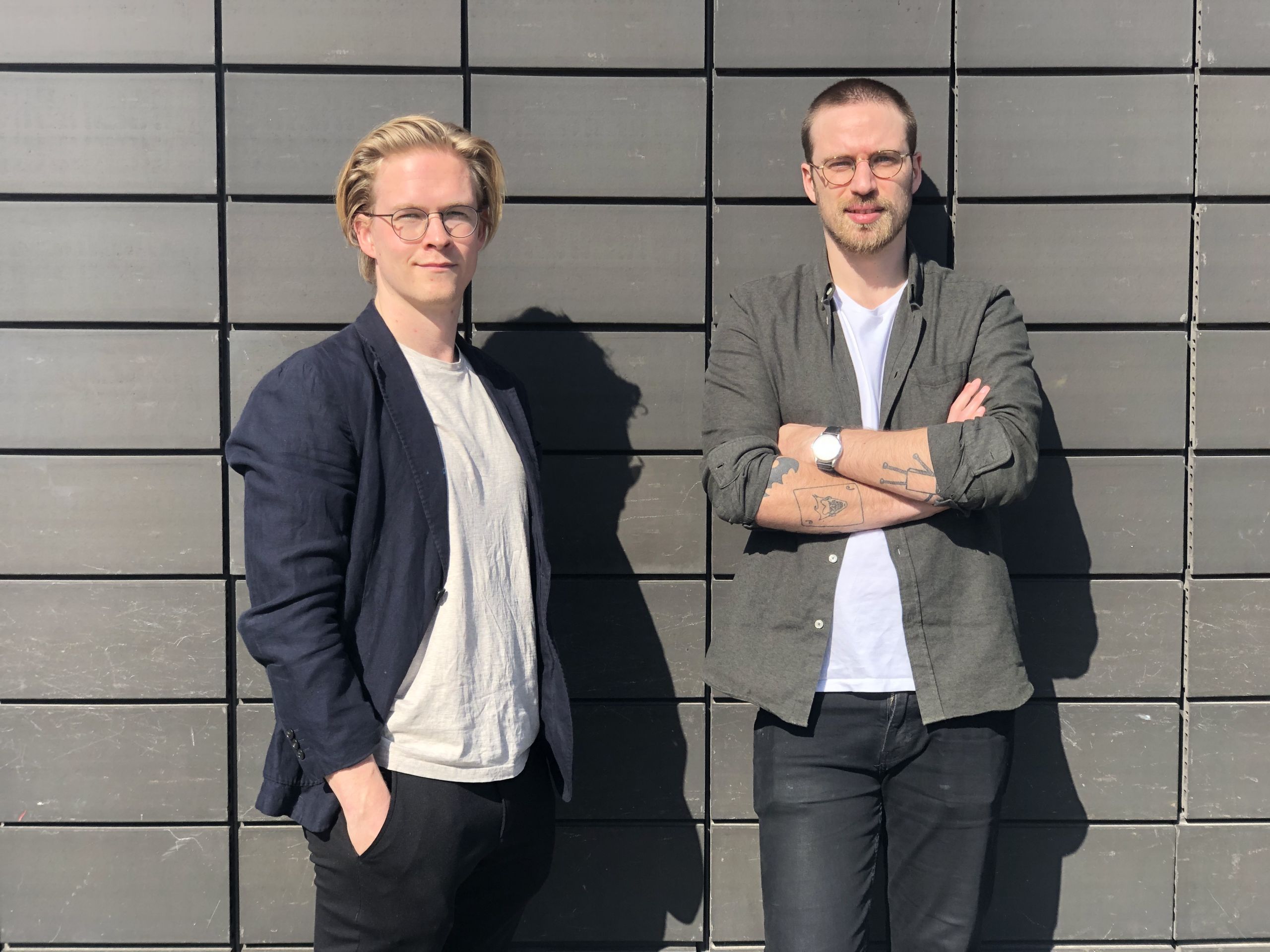
Two CBS students, Andreas Hansen and Alexander Rezaei investigated the underworld of organized crime in search of an answer to how economics can help explain how bikers and street gangs are organized in Denmark. (Photo: Mette Koors)
The thesis supervisor immediately had their attention when he suggested to Alexander Rezaei and Andreas Hansen that they should write their master’s thesis on criminal gangs. Today, they have just had an article published in an internationally acclaimed journal. What they heard when holding interviews in prison blew them away.
What do gunslinging, drug selling, hard-boiled criminal gangs have in common with two business economics and psychology students from CBS?
Well, the answer is simple: an interest in organization, behavior and economics.
At least that is what Andreas Hansen and Alexander Rezaei found out when they investigated the underworld of organized crime in search of an answer to how economics can help explain how bikers and street gangs are organized in Denmark.
On their way, they made several surprising discoveries and now, some of those discoveries have just been published in an article in the scientific journal ‘Trends in Organized Crime’ – a periodical of repute among practitioners, policy makers and academic communities in the field.
“It’s pretty crazy. It still hasn’t sunk in that we’ve managed to be included in such a noble journal. That’s awesome!” says Alexander Rezaei.
He had our attention at “gangs”
When Andreas Hansen, Alexander Rezaei and Morten Steenholm began pondering what subject to choose for their master’s thesis, the influence of economic factors on the organization of Danish gangs was not exactly the first and obvious choice.
“We had completely different expectations and ideas for the thesis, and we couldn’t agree on anything. So, after a few discussions, we realized that maybe we should choose a subject that was much different from our own ideas. Something that hadn’t already been researched a lot,” Andreas Hansen says and continues:
“That ‘something’ was brought to us by our thesis supervisor, Stefan Kirkegaard Sløk-Madsen. When he mentioned the word ‘gangs’, he immediately had our attention and now, two years, a master’s thesis and a published journal article later, we are pretty satisfied with that choice.”
In other words, the subject matter for their thesis did not quite stem from personal interests in the structure and shady businesses of criminal gangs.
“Becoming a gang member is not exactly a career path we’re interested in. And after studying the field thoroughly, we haven’t warmed up to the idea,” Alexander Rezaei laughs and says:
“But seriously, I think we became attracted by the behavioral economics aspects of the matter. The notion that we could use economic theories as a means of explaining how gangs behave and organize themselves and their activities. That’s primarily what fueled our interest.”
I was stunned by the level of organization within the gangs. We’re not talking about small groups of criminals who find a sense of community in partying and committing petty crimes...
And so, when they went to work, the three students made several unexpected discoveries that were not consistent with their inner conceptions of insignia-wearing gang members’ daily lives and hierarchical composition.
“I was stunned by the level of organization within the gangs. We’re not talking about small groups of criminals who find a sense of community in partying and committing petty crimes. It’s a whole different league, and in many ways, gang members are very busy people,” Andreas Hansen says and goes on:
“I think that was what spurred on my interest even more in studying this field. So when we turned in the thesis and our supervisor asked whether we would be interested in writing an article for a journal about the matter, Alexander and I immediately said yes.”
Organization of illegal businesses
After Alexander Rezaei and Andreas Hansen graduated in 2019, their supervisor put them in contact with the internationally recognized Professor of Political Science from Brown University, David Skarbek.
And together they wrote the article “The organization of Danish gangs: a transaction cost approach”, which has recently been published.
“Based on interviews with law enforcement officers, former gang members and prisoners, and using economic theories, the article aims to explain the organization of gangs in Denmark,” Andreas Hansen says.
And some of the main findings made by the team behind the article involved the importance of a certain management structure within the different street gangs.
“First of all, we found that since the activities of a gang are usually of a criminal character, gang leaders can have difficulty monitoring their members and making sure they don’t defy the gang. Therefore, it’s essential for gang leaders that their new members are examined and approved as trustworthy before they’re recruited,” Alexander Rezaei explains and continues:
“Secondly, as opposed to legal businesses that have unions and regulations to control employers and employees, gangs are illegal ‘businesses’ that have to do these things themselves.
“So, we found that as more resources are used to control and surveil the members, the gang leaders have to regulate or remodel their internal structure – for instance by enabling a hierarchical organization that is built upon power and respect,” he says.
But overall, there are good reasons why Alexander Rezaei’s and Andreas Hansen’s article has been accepted in Trends in Organized Crime. They have cut the first sod in their field and done so with a unique modus operandi.
“In short, the paper is the first available scientific article on Danish gangs with an organizational and economic approach. Therefore, it’s the first time anyone has used economic theories to explain and clarify the organizational structure, behavior and recruitment of gangs in Denmark. And best-case scenario, we hope the paper will be used for future research on the same topic – either nationally or internationally,” Andreas Hansen says.
However, besides interesting findings concerning the internal organization of Danish gangs, Alexander Rezaei and Andreas Hansen also gathered some rather grotesque and less verifiable kinds of information that took them by surprise.
Less regular people with larger biceps
When Andreas Hansen and Alexander Rezaei stepped through the prison gates to conduct interviews with convicted gang members and prison officers, it was their debut inside the high-security walls.
“Of course we were excited to enter a maximum-security prison – neither of us have had the pleasure prior to this project,” Alexander Rezaei says with a smile, adding:
“The atmosphere was both tense and relaxed – Danish prisons strive to make the environment suitable for visits from families with kids and friends as well, with a focus on resocializing the inmates. However, it is still a prison, and the inmates are there for a reason.”
I was astonished that many of the people we talked to independently of each other related that the way Danish gangs infiltrate society resembles the way portrayed in the American gangster movie The Departed
And not only was it their first time in the nick. It was also the first time the “two partners in academia” sat down face to face with hard-boiled criminals. However, the interviewees did not fully live up to their frightening image.
“Interviewing members and former members of gangs was actually surprisingly anticlimactic – they were more or less regular people with larger than average biceps who were nice, but also secretive about their actual actions outside prison,” says Andreas Hansen.
Nevertheless, during the interviews, Alexander Rezaei and Andreas Hansen were repeatedly blown away by some of the things they were told by the inmates.
“I was astonished that many of the people we talked to independently of each other related that the way Danish gangs infiltrate society resembles the way portrayed in the American gangster movie The Departed,” Alexander Rezaei says and explains:
“Allegedly, Danish gangs have members and fellow conspirators all the way up to government ministries. The inmates told us that young university students are supported financially by gangs during their studies. And by the time they graduate, they pay back the support by getting a job in the state where they can influence decision makers in favor of the gangs.
“However, since the interview respondents wouldn’t reveal too much of what is going on in the gangs outside, we were not able to prove this claim with concrete evidence. Therefore it might just be a story derived from a movie. But it truly sounds insane,” he says.
“To put it mildly: I’m extremely proud”
What is not too good to be true, though, is that two years of work finally culminated when the article was recently published in Trends in Organized Crime.
“It still hasn’t dawned on me yet. But as time passes, I think I’ll begin to realize how crazy it actually is for a graduate to have a paper accepted by an internationally acknowledged journal that’s normally reserved for experienced scientists,” Alexander Rezaei says humbly.
For Andreas Hansen, news of the publication has sunk in more fully.
“To put it mildly: I’m extremely proud. To be honest, I never thought I would get through university, so I had definitely not expected to end up publishing an academic paper. So, I have kind of exceeded all my expectations. But I guess that sometimes you just need a little push and then you can do more than you think,” he says.
The two co-authors explain that the collaboration with Professor David Skarbekand Stefan Kirkegaard Sløk-Madsen has been priceless throughout the process and necessary for the article to succeed.
And actually, everything went so well that the article was set to be published a year ago.
“The initial goal was to be done with the article in March last year, and the plan was to go to a research conference in Las Vegas about the criminal underworld. Here, we should have met David and presented our findings in front of an audience. However, like many other events, that was cancelled due to COVID-19. So, we have yet to meet David in real life,” Andreas Hansen says.
“Already when writing about gangs and behavioral economy in our master’s thesis, I was inspired to take it further. And now, having published an article on the matter, I’m dreaming about writing a Ph.D. on the long-term socio-economic consequences of putting gang members in prison,” says Alexander Rezaei.
However, Andreas Hansen has a rather different attitude.
“I think most students know the feeling that when you’ve been writing about something particular for a long period of time, you end up fed up with it. That said, I still think it’s an extremely interesting topic. So, I cannot reject that I’ll be convinced to write a PhD about it in the future. But not for now,” he says.
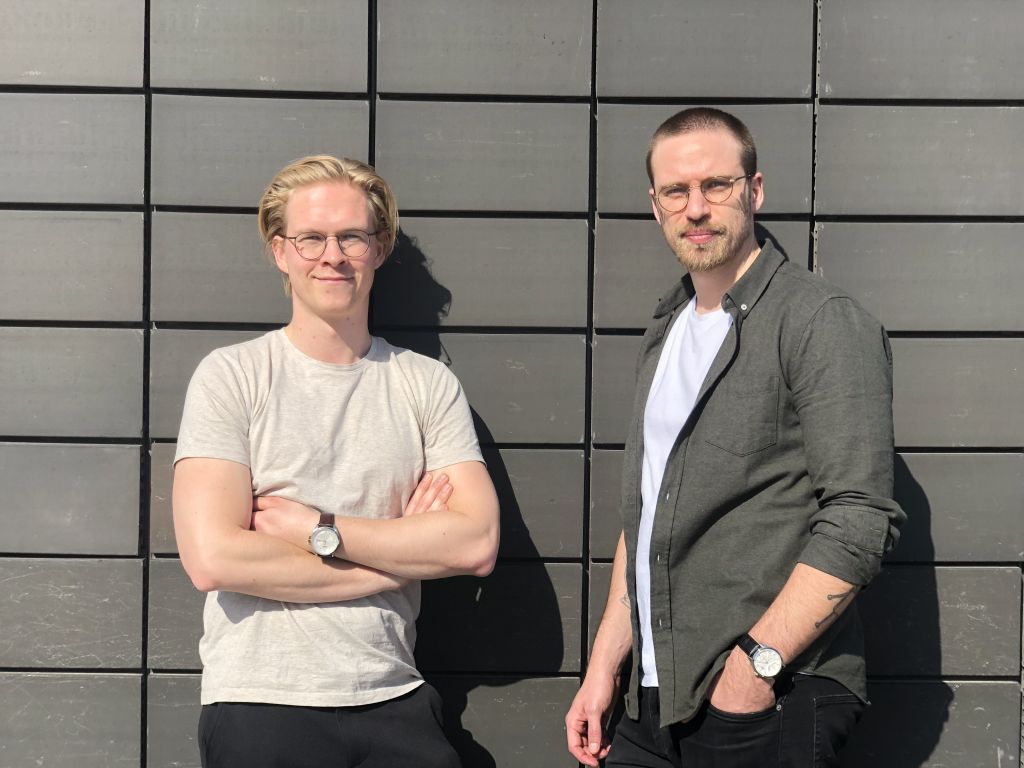
(Photo: Mette Koors)



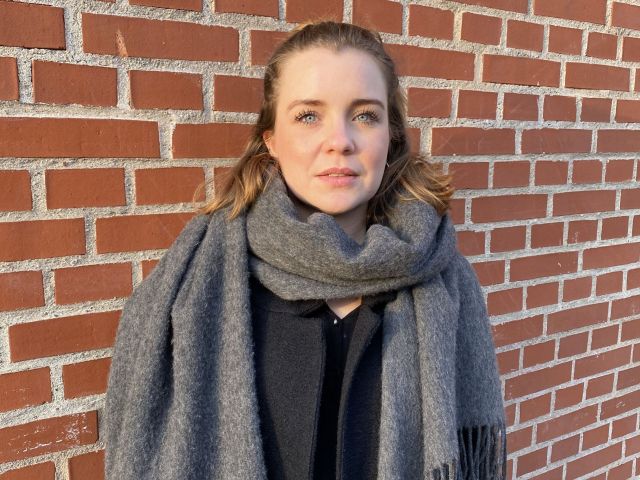
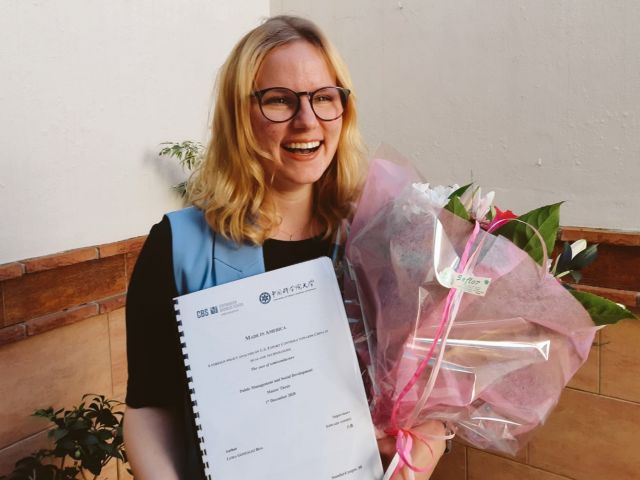


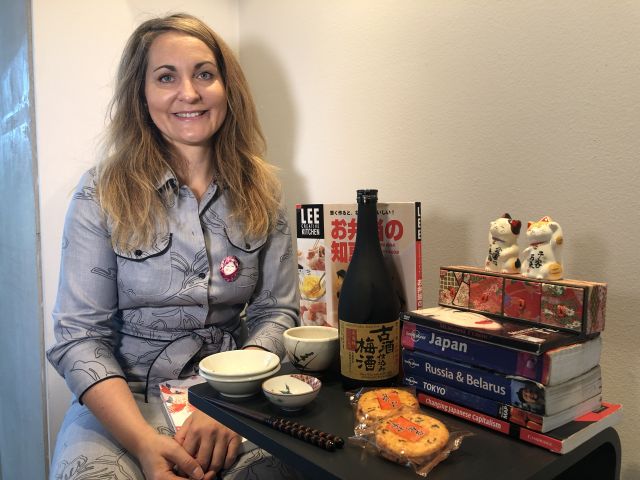


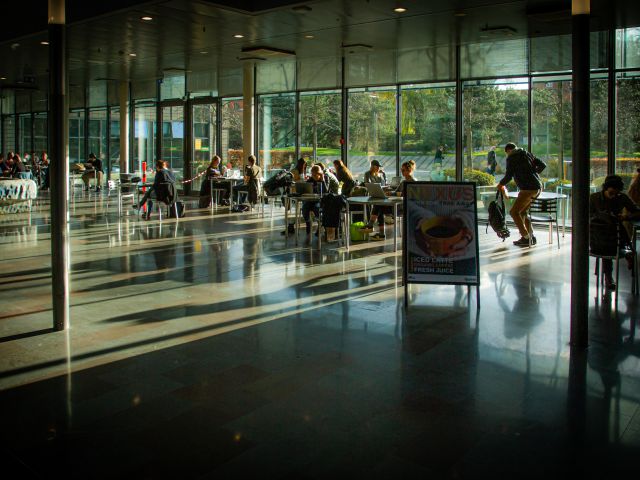




























































































































Comments